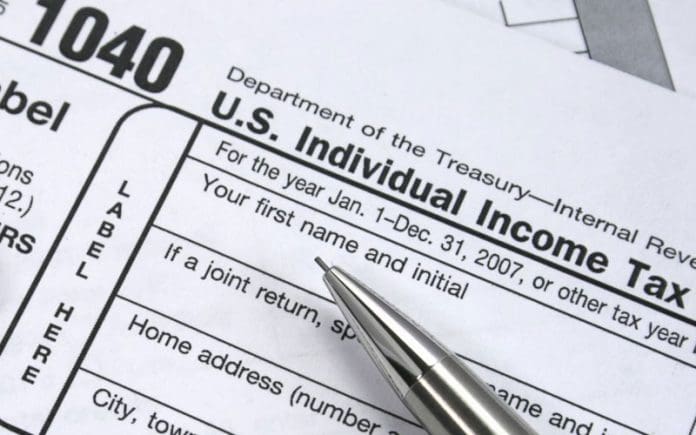Tax return season is a time when individuals eagerly await refunds or diligently work to fulfill their tax obligations. Unfortunately, it’s also a prime time for scammers to target unsuspecting taxpayers. Tax return scams come in various forms, from phishing emails to fraudulent tax preparers. In this column, we’ll explore effective strategies to safeguard yourself from falling victim to these scams.
- Be Informed: Knowledge is your first line of defense against tax scams. Stay informed about common scam tactics and be aware of the latest techniques scammers employ. Regularly check official sources such as the Internal Revenue Service (IRS) website for updates on potential scams and warnings.
- Use Reputable Tax Preparers: If you hire a tax professional to prepare your return, ensure they are reputable and have a valid Preparer Tax Identification Number (PTIN). Avoid individuals or companies that promise excessively high refunds or charge fees based on a percentage of your refund. Legitimate tax preparers will provide transparent fee structures and prioritize accuracy.
- Secure Your Personal Information: Protect your sensitive information at all costs. Use secure and unique passwords for your online tax accounts. Be cautious about sharing personal details over the phone, especially if unsolicited calls claim to be from the IRS. The IRS typically communicates through official letters, not unexpected phone calls or emails.
- Be Wary of Phishing Emails: Phishing remains a common tactic for scammers. Be skeptical of emails claiming to be from the IRS or tax-related entities. Avoid clicking on links or downloading attachments from unfamiliar sources. The IRS does not initiate contact with taxpayers via email or social media to request personal or financial information.
- Monitor Your Accounts: Regularly monitor your bank accounts and credit reports for any suspicious activity. If you notice any unauthorized transactions or unfamiliar accounts, take immediate action to report and rectify the situation. Early detection can prevent further financial harm.
- Use Secure Wi-Fi Networks: When filing your taxes online, ensure you are using a secure and private Wi-Fi network. Public networks may expose your sensitive information to potential hackers. Use a virtual private network (VPN) for an added layer of security when accessing tax-related websites.
- File Early: Filing your tax return early can be an effective strategy to prevent scammers from filing a fraudulent return using your information. Once you’ve submitted your return, monitor the status and contact the IRS if you notice any discrepancies.
Conclusion: Protecting yourself from tax return scams requires a combination of vigilance, awareness, and proactive measures. By staying informed, using reputable tax professionals, securing your personal information, and adopting safe online practices, you can significantly reduce the risk of falling victim to scams during tax season. Remember, an ounce of prevention is worth a pound of cure when it comes to safeguarding your financial well-being.






